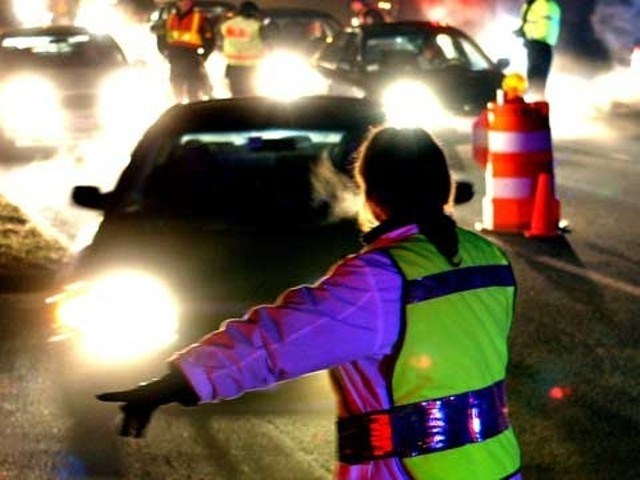The following answers were provided by Kyla Lee, a Vancouver criminal defence lawyer with Acumen Law Corporation who specializes in impaired driving law, procedure and police practice.
Courier:
What do parents need to be mindful of in terms of the legality of cannabis in the home? Do you have to keep it stored specifically, grown in a certain place?Kyla Lee:
"Parents need to be mindful about having cannabis in the home, in making sure that it is not stored anywhere that it is accessible [to] the children or that it is not used in a way that would make it enticing to children. For example, people who are making their own cannabis baked goods or candies expose themselves to significant legal jeopardy if those are in a form that is appealing to children and accessible to them. The consequences aren't just potential charges for distributing cannabis to children, it is also likely that [Ministry of Children and Family Development] investigations would flow from circumstances where parents are making cannabis available to children."Courier:
You're going to Seattle for a concert. The border guard asks you if you've ever used cannabis. What should you say?KL:
"If you tell a U.S. border official that you have even just used cannabis, you could be subject to a ban on entry to the United States. Lying to the officials exposes a person to significant cross-border consequences as well, and can make the situation a lot worse. The best advice for anyone who is asked and concerned about the impact of the answer is to withdraw their application to enter the U.S. and try again another day. Hopefully the U.S. and Canada will come to an agreement about border crossing soon, but for now any cannabis-related answer is potential for exclusion from the U.S."Courier:
What happens when a police officer pulls you over and suspects cannabis impairment? What sort of test will be administered? Can you refuse a test? If so, what happens?KL:
"One of two things can happen. The police could issue a demand for a sample into an 'approved drug screening device' which is a saliva tester. However, the VPD are currently taking a 'wait and see' approach to using the saliva testing equipment, so what is more likely is that you would be asked to participate in the Standardized Field Sobriety Tests. These are a series of three tests: horizontal gaze nystagmus, one leg stand, and walk and turn which are designed to assess impairment of cognitive and motor function. If you refuse to comply with those tests you could be charged with a Criminal Code of Canada offence of refusing. The penalty on conviction is a fine, driving prohibition, and criminal record. So don't refuse. The reality is that the results of the tests are not admissible as proof of impairment; they are only admissible to give the officer grounds to arrest and make a demand for further testing at the police station. So there is no advantage to refusing."Courier:
How would the VPD assess levels of impairment? It's pretty accepted that cannabis effects people differently and lasts in the body for a prolonged period. If a person smokes pot five days before being pulled over, it's still in their system but they're not "impaired." What happens in these cases?KL:
"The Criminal Code has created two offences: one for impaired driving, where there is evidence of an impaired ability to operate a motor vehicle by a drug; the second for being in excess of a blood drug concentration limit. The second offence does not require proof of impairment.""To prove impairment, the police can simply rely on evidence of bad driving and physical observations, but they may also rely on the results of a Drug Recognition Evaluation test. This is a 12-step physical and psychological test designed to determine if a person is impaired, whether the impairment is caused by a drug or medical condition, and if it is by a drug, what class or category of drug is causing the impairment. If, at the end of the evaluation, the officer believes that a person has a drug in their body, identifies it, and that drug shows up in the blood or urine, then the law presumes the person is impaired by that drug."
"You can raise 'evidence to the contrary' to show that you are not impaired by the drug. That would be when medical cannabis might be a defence, or when the timing and rate of consumption of cannabis might be an issue. But the definition of evidence to the contrary in the drug impaired driving context is, as yet, untested and unlitigated. So it will take some time before we see where that goes. There is no 'medical exemption' or 'retained THC' defence for the blood drug concentration rules, which is hugely problematic and not at all based in science. This will lead to an inevitable constitutional challenge."




